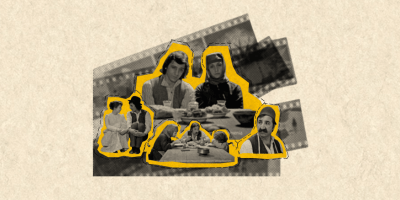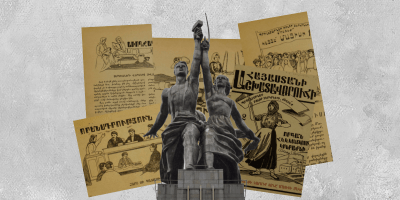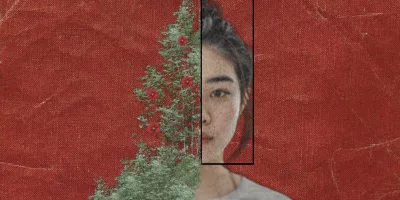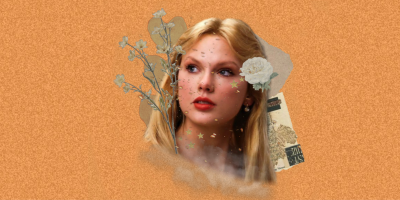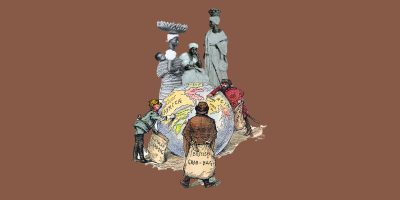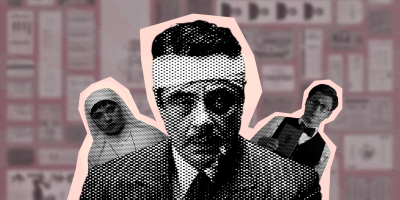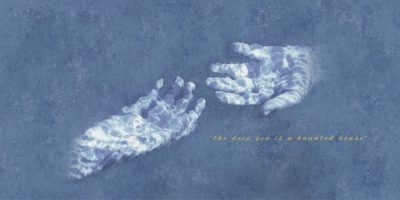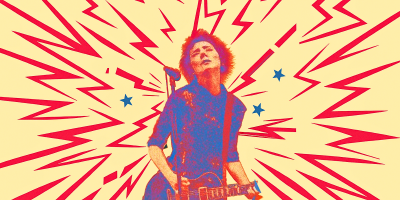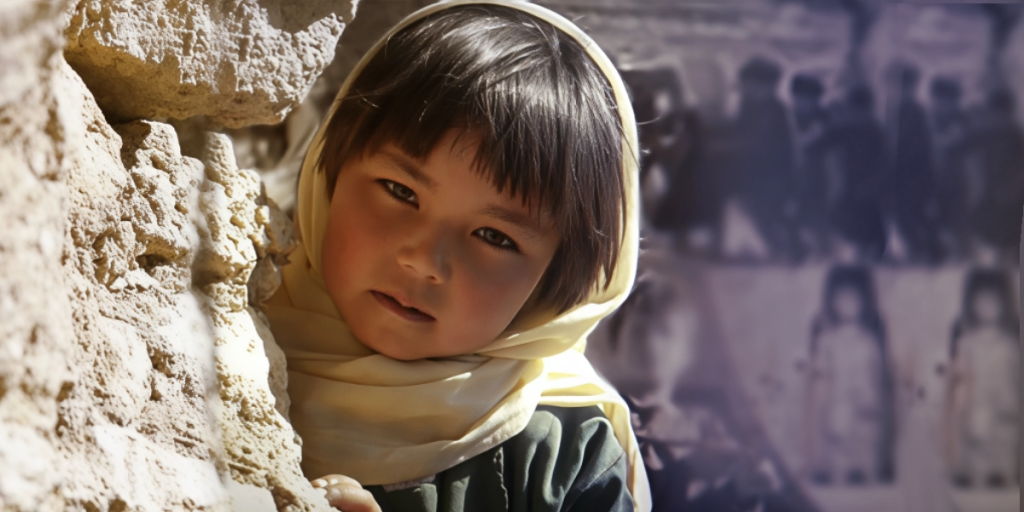
Imagine coming home from university every day without battling against challenges of the education system, lacking resources for learning or fighting for the basic right of getting education.
What a real privilege it is to learn marvelous things with a simple click on the internet? However, not everyone has access and basic rights to education. Women and girls in Afghanistan are deprived of this opportunity, and even wondering about education feels like an unachievable dream.
Released in 2007, the movie Buddha Collapsed out of Shame by Iranian filmmaker Hana Makhmalbaf alludes to gender issues and restricted rights because of patriarchal oppression, hardened ideologies on discrimination and educational systemic barriers in Afghan culture.
The movie reflects on a 6-year-old Afghan girl, Baktay (Nikbakht Noruz), who desperately wants to attend school and learn despite the harsh conditions of her life. During her little “journey” to school, Baktay endured many challenges and painful real-life hardships in the impoverished town of Bamyan. The first scenes of the movie begin with the Taliban’s explosion of the statues of the Buddha in 2001.
The moment Baktay sees her boy neighbor learning the alphabet she is interested in it. Having nothing, but ambition and fascination, Baktay is determined to go to school even if a home is in a cave and having a simple pen is a luxury. For a young girl studying is a greater prospect, if not a dream.
Throughout the film, she wanders in the city with the hope of selling the eggs and buying a notebook. On her way, someone pushes her and she accidentally breaks two of the eggs, which can symbolize her broken dreams of education and prospects in Afghanistan. After a starving and exhausting day of wandering, she finally buys a notebook. However, another challenge comes in the way when the teacher rejects her sitting in the classroom with the boys and directs her to the girls’ school. With a strong spirit, Baktay continues her way to the school when a group of boys attack and trap her in the circle, commanding her to cover her face and head simply because she is a girl. Challenge after another one chases her throughout the day, which becomes a tragic way of living and surviving for the average Afghan woman.
“Buddha Collapsed out of Shame” shows that being born a girl is a curse when the social norms and conditions leave women cornered and oppressed, stripping away their hopes and dreams for pursuing education and owning simple human rights.
Here comes the question: How many Baktays are fighting for their rights and permission for education in the 21st century, with numerous opportunities and access to open educational systems? Why does it become others’ responsibility to ban another human being from receiving education and attending educational institutions?
The movie is a hard watch but isn’t it a reflection of a disturbed and dangerous reality where the pen and notebook in the film become symbols of broken hope and determination. The formed aggression toward women in Afghanistan is not learned but innate and deeply rooted in their mindset and perspective.
Movies are direct mirrors of reality with real-life events and stories of real people. According to the UN Women, even before the Taliban’s destructive return to authority in 2021, Afghanistan was considered one of the lowest-ranked countries in gender rights inequality.
Based on the UN Women’s 2024 Afghanistan Gender Index, practically 80 percent of Afghan women were prohibited from education and employment. Women do not have access to financial inclusion, health systems, educational institutions and the decision-making process, as well as working in local offices, even visiting gyms and parks without males’ accompaniment. UNESCO states that since 2021, nearly 1.5 million Afghan girls have been forbidden to attend secondary schools. A country where barriers push women behind, where culture and education, instead of flourishing, is withering is today’s tragic and devastating reality.
As the director, Hana Makhmalbaf notes in one of her interviews with The Big Indian Picture online magazine, everything in life starts with the process of exploration. She adds that an idea can turn into a script, later into a film, yet on the surface, always floats a question that drives the ideas and thoughts around everything. For the movie, Buddha Collapsed Out of Shame, Makhmalbaf mentions that “It was a question for me at the beginning: What will happen to these children who are all in front of us?”
What makes the movie astonishing and impressive is not the famous actors, rich cinematic representations and striking visual elements, but a story of a young Afghan girl with a resistant heart in heavily surviving circumstances.
The film Buddha Collapsed Out of Shame is not an easy watch, but it touches upon the subtle wires of human souls. It reminds the viewers of the importance of appreciating every valuable opportunity of learning and getting an education because for some people it can be a dream and for others a reality.


